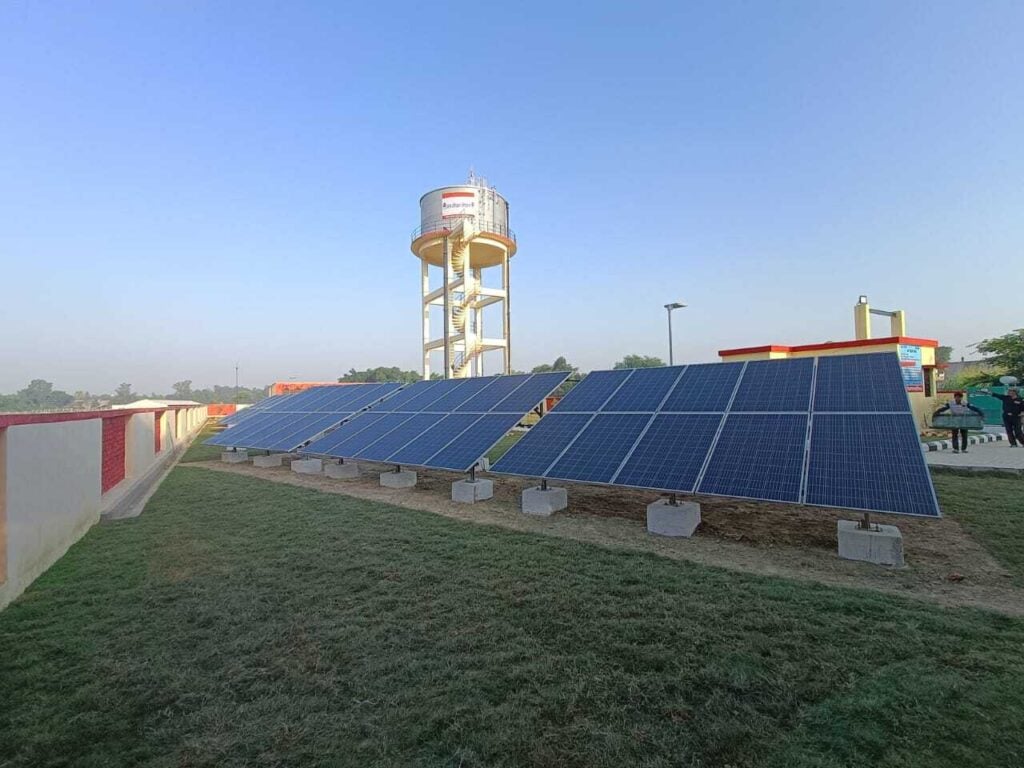
The Jakson Group, an Indian energy conglomerate, will invest US$240 million to establish a 2.5GW solar cell manufacturing facility in India. It will also expand its module assembly capacity to 2GW.
The facility will produce high-efficiency, n-type tunnel oxide passivated contact (TOPCon) solar cells, which have entered the mainstream of large-scale solar manufacturing over the last year. The Jakson Group said that the plant will be built in two phases, the first of which is forecast to be complete within 15 months, putting the completion date in December 2025.
Try Premium for just $1
- Full premium access for the first month at only $1
- Converts to an annual rate after 30 days unless cancelled
- Cancel anytime during the trial period
Premium Benefits
- Expert industry analysis and interviews
- Digital access to PV Tech Power journal
- Exclusive event discounts
Or get the full Premium subscription right away
Or continue reading this article for free
Concurrently, the module production facility will be fully expanded to 2GW capacity within six months from today’s announcement. The site currently has 1.2GW of nameplate capacity. The Jakson Group did not disclose the location of the new cell production facility.
Company vice chairman and managing director, Sundeep Gupta, said that by strengthening the Jakson Group’s “backward integration capabilities, we’re not only ensuring a more robust supply chain but also positioning ourselves to deliver even greater value to our customers.”
The Jakson Group said that the country’s domestic solar cell production capacity is currently around 7GW and that its new facility would “help bridge the gap between imports and domestic production”. It said it was a step towards achieving an “AatmaNirbhar Bharat”—the phrase used by prime minister Narendra Modi around his economic development plans, which translates to “self-reliant India”.
Until fairly recently, India has been struggling with a shortage of solar supply as a result of its attempts to stimulate a domestic industry, which include implementing government incentives and import restrictions.
The Approved List of Models and Manufacturers (ALMM)—a list designating which products and services can benefit from government subsidies—has effectively limited the availability of some solar products, produced overseas, for the Indian solar sector.
The ALMM was relaxed in February 2023 to stimulate solar deployment figures before being reintroduced with different parameters in April 2024.
Simultaneously, the government imposed a Basic Customs Duty (BCD) on solar cell and module imports, with a 40% tariff on modules and a 25% tariff on cells. Last year, PV Tech Premium heard from market research firm Bridge To India that the BCD and ALMM had made conditions too restrictive, and had resulted in supply shortages.
So far this year, solar installations in India are mostly back on track, which Mercom Capital said was partly down to the relaxing of the ALMM and increased availability of land.






